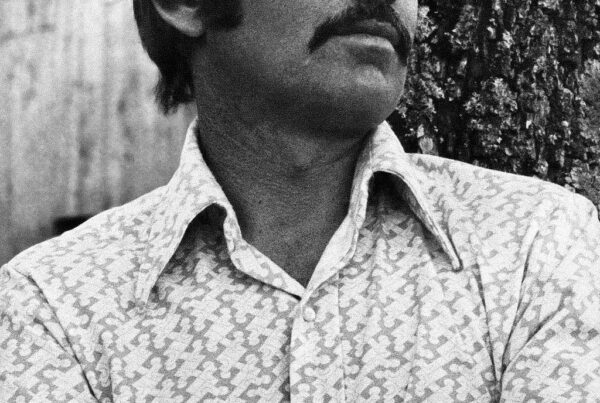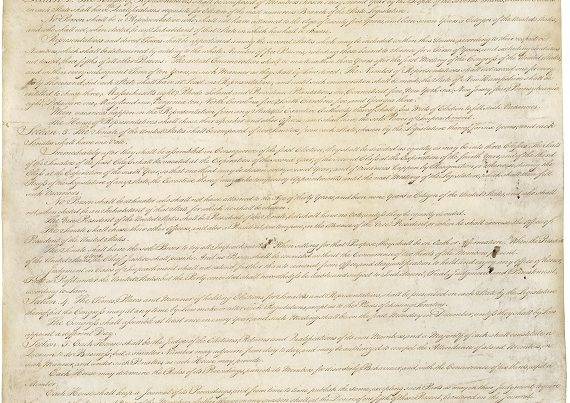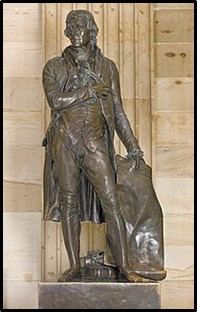Ladies and Gentlemen,
Scotland voted “No” to independence. The media will have you believe this was a crushing victory. After all, only 45 percent of the Scottish people voted for secession. We should flip that on its head. 45 percent of the nearly 90 percent of eligible voters voted FOR self-determination. The “No” vote barely won, and the aftermath is going to be dramatic. Several European secession movements have used the publicity of the Scottish referendum to push their own cause. Among these are the Flemish in Belgium, Catalonia in Spain, the Veneto and Lombardy in Italy, Bavaria in Germany, and many more.
The time of the large “indivisible” unitary state is over. A new demand for self-government has emerged either in the form of political independence or for “quasi-independence” in the form of greater state or provincial autonomy. Quebec failed to secede in 1995 in a close vote of 51-49. As a consequence, they received sufficient autonomy that, for the moment, there is little interest in secession.
Scotland will certainly gain in self-government because of this referendum. Indeed, they were promised a “devolution revolution” in exchange for a “no” vote. Whether that will satisfy the discontents that forced the referendum or whether the expanded exercise of self government will simply spark a greater desire for independence remains to be seen. Westminster gave Scotland its parliament in 1998. That was supposed to satisfy secessionist discontents. But this expanded exercise of self government only strengthened them.
The referendum was a peaceful assertion of the natural right of self-determination. No bullets were fired. No Molotov-cocktails were lobbed at police. No teargas canisters or dogs were deployed. Independence lost, but it will be back, and not just in Scotland. British prime minister David Cameron should be commended for allowing the referendum. I should add that the Canadian supreme court has ruled that every Canadian province has the right to a referendum on secession at public expense whenever it pleases.
The Drudge Report recently ran an article from REUTERS which “shockingly” exposed increasing American acceptance of secession. Twenty-five percent of Americans, on both the Left and the Right, support the idea of secession for their State. This is an important and growing trend.
State nullification and secession are fundamental principles in the Constitution as understood by the Jeffersonians who, more or less, dominated the Union from Jefferson’s election in 1800 to South Carolina’s secession December 20, 1861. Of the New England secession movements, Jefferson said in 1816: “If any state in the Union will declare that it prefers separation … to a continuance in union … I have no hesitation in saying, ‘let us separate.'”
That state secession from the first has been a vital part of the American tradition has been suppressed since 1865 as a “Southern heresy.” It is true Southerners acted upon it, but there is nothing especially “Southern” or “Confederate” about it. It the timeless principle of self-government, memorably asserted in the Declaration of Independence, and is as applicable to an American state today as it is to Scotland, Catalonia, or the Veneto; or as it was to Norway which seceded from Sweden in 1905 or to Singapore which seceded from the Malaysian federation in 1967.
Though secession is not a Southern heresy, as it is presented by main stream scholars, it is true that the Southern tradition alone has preserved this Jeffersonian part of the American tradition. And the Abbeville Institute is the keeper of that Jeffersonian tradition. If you value that tradition and wish to have a deeper intellectual grasp of it and its place in the broader American tradition, please lend your support to the Abbeville Institute.
Our goal is to explore what is true and valuable in the Southern tradition, including the Jeffersonian principle of secession. George Washington, John Adams, and Thomas Jefferson were secessionists. Southerners were the last Americans to attempt independence. A loss by force of arms does not invalidate the natural right of political self-government. People all over the world are realizing this.
For as little as annual gift of $50, you can help in our effort to gain a deeper understanding of the Southern tradition and what that tradition intimates for us today. All donations to the Abbeville Institute are tax deductible to the full extent of the law. They will be used to maintain our website and provide educational programs for college students, scholars in higher education, and the general public. Please click the link and choose a Sponsorship level.
Best Regards,
Don Livingston
President, Abbeville Institute







